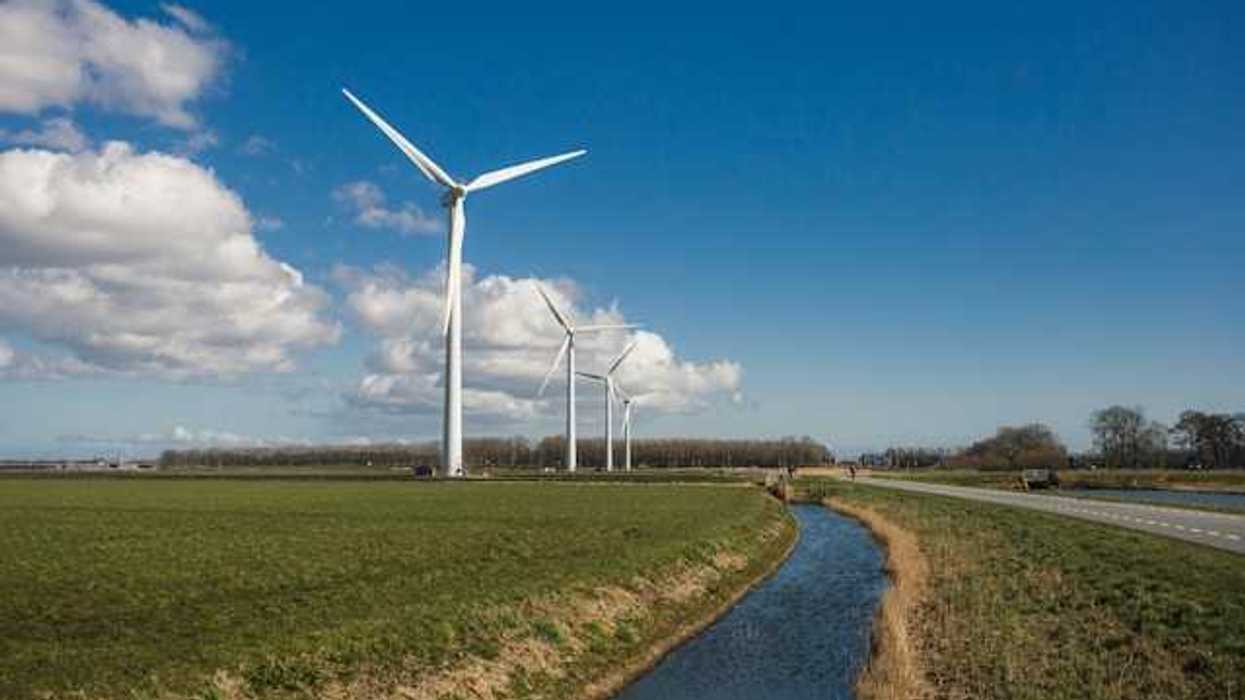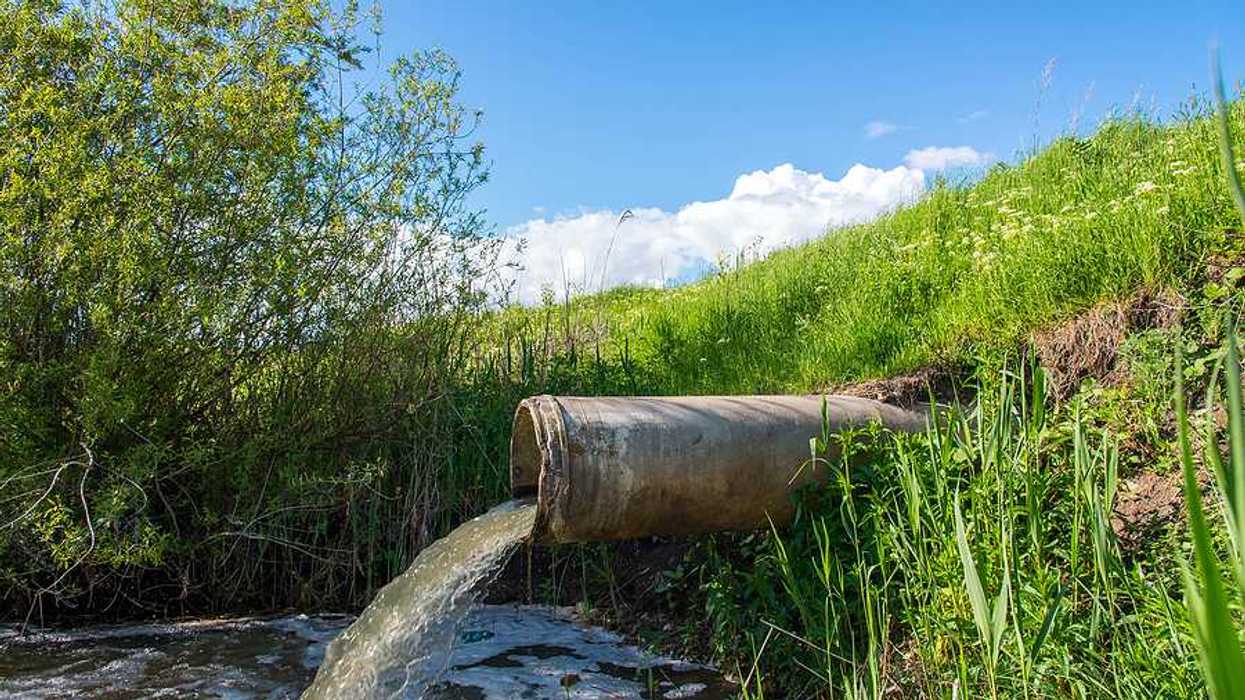For every ton of fertilizer farmers apply to fields in the United States, almost 1,200 pounds is wasted due to inefficiency, with almost 400 pounds of that waste flushing into streams and aquifers.
That's a lot of nitrogen – farmers apply 22 million tons of fertilizer a year in the United States alone, according to the U.S. Department of Agriculture. Nitrogen runoff is responsible for a lot of polluted drinking water sources and compromised aquatic ecosystems across the globe — a problem only getting worse in regions with growing population and development.
New research out of Montana State University finds that, in one agricultural basin in the upper Missouri River watershed, groundwater and streams mirrored soil chemistry. For the environment, you are what's in your dirt. Now scientists are working with farmers who manage the land to make the findings relevant to those with power to make a difference.
In the Judith River basin, where farmers fertilize crops of wheat and barley – and then pray for timely rain, researchers found mean nitrate levels in drinking wells more than twice federal standards. Those concentrations exceeded the 75th percentile for Montana's statewide agricultural well network and landed in the 95th percentile for a 2011 survey nitrate pollution in U.S. wells.
Loss of nitrogen from soil triggers problems on many levels, says Montana State University Water Quality Associate Specialist and graduate student Adam Sigler, the lead author of the study, published this fall in the Journal of Hydrology. Infants are particularly vulnerable to nitrate pollution, which can lead to a condition known as "blue baby" syndrome.
Farmers suffer, too, as nutrients they're paying for – fertilizer is a $58 billion industry in the U.S., according to the Fertilizer Institute – get flushed into the environment rather than boosting yield and protein in crops.
And excess nitrogen triggers a host of problems in the environment, from algae blooms in water to impaired plant growth on land and the increase of greenhouse gases in the atmosphere.
The Montana researchers found some silver linings. Planting a cover crop – rather than leaving the land fallow – helps. "Simply growing a crop every year mitigates the environmental implications," Sigler said. And getting farmers engaged can trigger change.
That dialog, researchers concluded, "allowed agricultural producers to evaluate their role in landscape-scale water quality issues and to help identify management strategies that would be practical and effective."
Listen to Adam Sigler explain the research.
And read about what some California farm towns are doing to fight nitrate pollution, in this report published in September in Resilience.

















